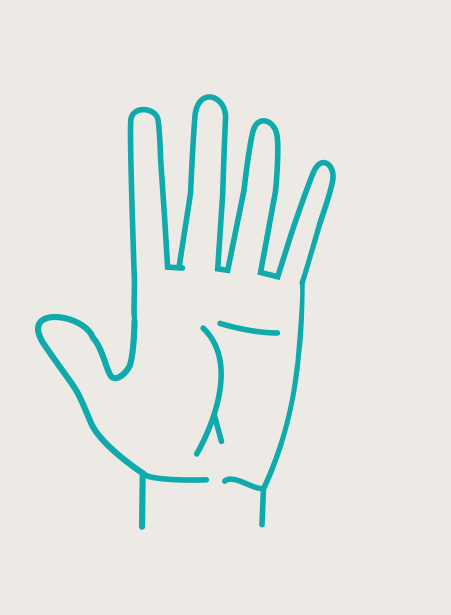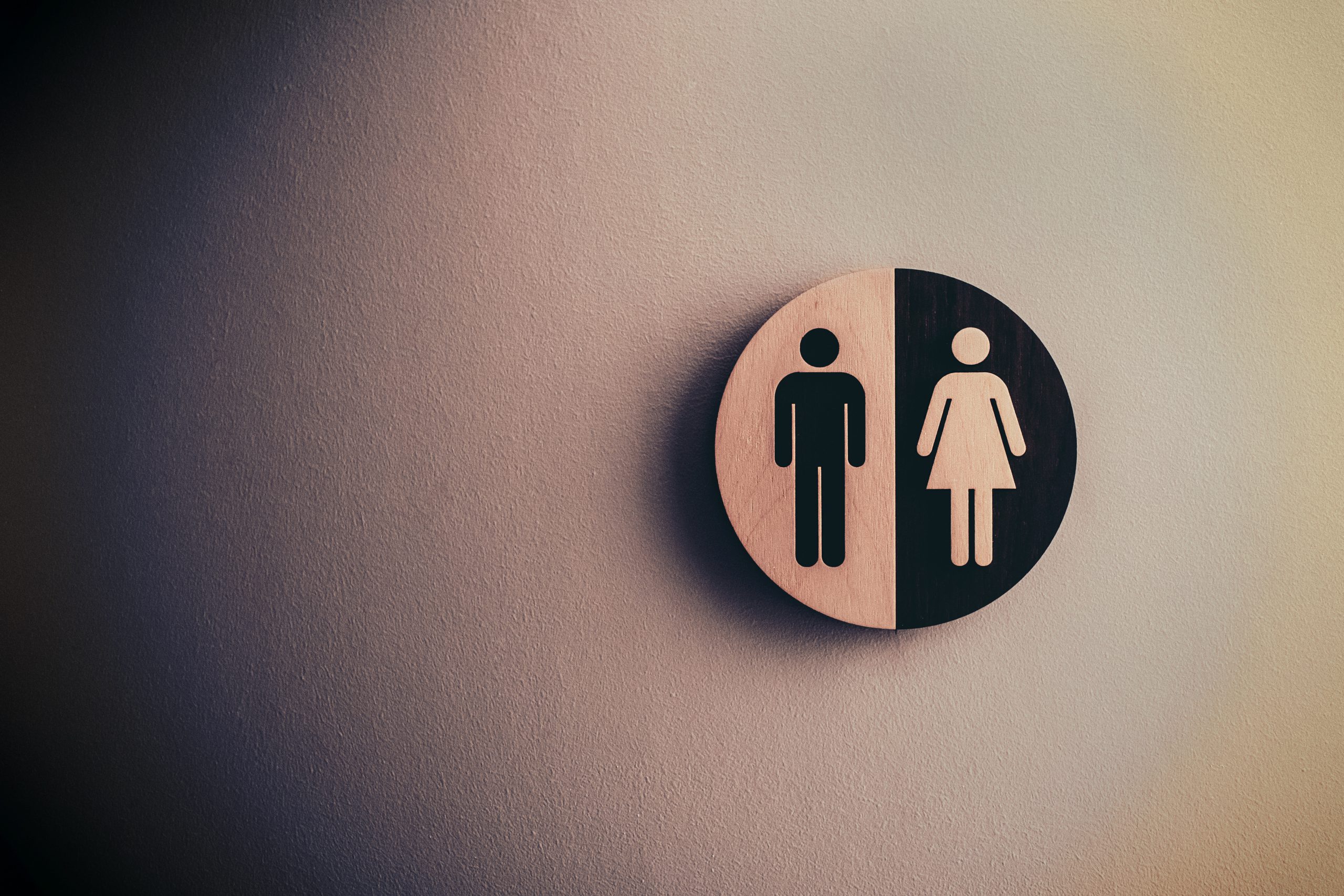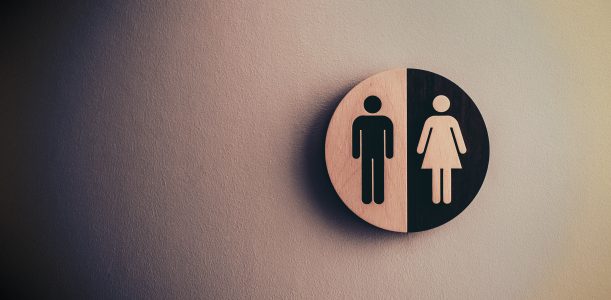In my previous blog entitled new media and technology: does it make for a less violent society, I referred to a statement made by the well-known historian Niall Ferguson on a Danish television program recently. He said and I am paraphrasing “today we don’t find real violence, only online violence, people calling each other’s names and later debate on how divided we are as a society”
This statement sparked my interest to learn more about new media, information and communication technology and how it helps to counter or propel digital or online violence in our society today.
On October 8th 2020, I attended an online event organized by a not-for profit organization, Køn-Viden-Information-Forskning or the English equivalent is Gender, Diversity, Information, Equality or for short- KVINFO. KVINFO has been around since 1964 and its primary aim is to provide general public with information about the result of women’s studies and gender research undertaken in Denmark and internationally.
The online event, a 3-hour long seminar on: Gender and Digital Violence in transnational perspectives and was live streamed on Kvinfo’s Facebook page.
The event was also co-hosted by Oxfam IBIS a not-for-profit based in Copenhagen who is the danish member of the Oxfam confederation and the Dansk-Arabisk Partnerskabsporgram (Danish-Arabic Partnership program) and featured the following presenters:
- Maia Kahlke Lorentzen, co-founder of the tech-activist network on DO: TOPIA:”Free speech, bitch! – Gendered digital violence in Denmark” and cyber security expert at Cybernauterne.
- Nada Kabary Program Officer from Motoon established to help more women entering the tech world in Egypt and helps with gender representation in the industry.
- Nadia Shamrook General Manager of Jordanian Women’ Union an NGO committed to improving the status of women in Jordan.
The event started with a foreword by the Head of the International department at Kvinfo and she stated the following:
“The digital world holds the potential and opportunities of popular participation and democracy and for the increase of transparency and accountability, however, the digital platforms are also the battlefield for the usual power struggle including for gender justice. Digital violence in all its form is a strategy to silence people with fear and threat and prevent them from participation. It can lead to a gender democratic deficit if we do not stop it” – Lene Steffen
In my journey as a C4D student, we often look at terms and definitions. In the above statement we see the same references to words that we in C4D encounters over and over again – participation, power struggle, accountability and justice.
A new term that I have to looked up for was democratic deficit. Democratic deficit is defined by the European Institute for Gender Equality as limited legitimacy of democracy and impact of an inadequate gender balance, i.e. of overrepresentation of men and underrepresentation of women, on the legitimacy of democracy.
What is the connection with democratic deficit and digital/online violence?
Gender based violence in transnational perspectives
International Program Director at Oxfam Ibis, Mr Niels Hjortdal, Director of International Program have the following points:
- Violence against women and girls is one of the systematic and pervasive abuse of human rights, directly affecting one in every three women globally.
- Gender based violence is deeply embedded in structural inequality, power privileges and masculinity
- Digital spaces provide with new opportunities for gender based violence.
These are important facts that will continue to fuel democratic deficit, and we will take a look at some examples of gender inequality in digital violence.
Niels also posed this question why it is when we purchased a SIM card for a mobile phone, we are required to submit a national identification of ourselves, but when it comes to social media account there are lesser requirements. This opens the easiness for people to harass others online as many are anonymous users and does not take the responsibility. Question here, could we stop online violence if we take away anonymity?
In my previous blog-post, I spoke of keyboard warriors and people who writes under a pseudonym and those who writes under the “freedom of speech” but declining the freedom to take accountability.
Online violence and gender within the context of the Danish online society
Maia Kahlke Lorentzen spoke on how in Denmark there is a high practice of freedom of speech and this is being used as a “free-pass” for people to apply “I can say whatever I want to anyone” on a public sphere. There is a disconnection of what Danes considered free speech in Denmark and how it is actual played out, for instance this is use as a justifications of online violence and discrimination against women and minorities.
The result of this harassment and abuse of right to freedom of speech is that, it often leads to the suppression of voices of the underrepresented groups’ freedom of speech as the price to participate in a public debate becomes too high. Maia explained how exercising your democratic right and right to freedom of speech can cause you to be a victim of online violence.
The kind of digital violence that is happening specifically inside of the Danish public spheres consists of trolling activity to derail debates, organizing a lot of people to attack a person at once and to actual threat like hacking and harassment that is seriously effecting people from participating in the public sphere.
She used an example of a feminist influencer, Louise who frequently debated on gender equality and fallen victim to online violence. She started receiving rape threat emails and her home address was shared online by a Facebook user. On top she was frequently receiving pizza deliveries that was not paid for to her home, which is a common bullying tactics – ordering food or taxis to an address and let the victim deals with angry delivery persons.
While in Denmark, there is relatively high number of people using their real Facebook profile to comment online, Louise could not identify the rape threat perpetrator as they used a fake email to send the threat. She was stressed and people advised her to ignore as they do not think they would actually show up at her home. Maia often stressed people who do not grow up in the age of the internet, tend to ignore threat of violence online and do not take it seriously.
Maia made a point that we should stop treating online violence as not a serious violence or real violence as the effect of the violence on the victim is the same and very real. Digital violence does affect the person who is going through it in same way as any other form of violence.
Maia also gave example how digital violence effected more women as she herself received rape threats emails from email account with domains ending with as rape.lol or cunt.li. It was hard tracking the owner of these domains as they use VPN technology and encrypted domain to hide themselves. Often the perpetrator would send one email, closed the account and opened a new one.
What about those Facebook profile that is identifiable? Maia pointed out that Danish police are well-trained for physical violence but lack the resources for investigating online violence. The legislation also stated that people cannot be reprimanded just base on threats.
What are the consequences of online violence on women?
A research in 2017 by Amnesty International, revealed an alarming impact that abuse and harassment on social media are having on women. The survey which looked at the experiences of women between the ages of 18 and 55 in Denmark, Italy, New Zealand, Poland, Spain, Sweden, the UK and USA reported that 23% of the women surveyed have experience online abuse or harassment at least once.
These are regular social media users; the survey was also extended to politician and public figures and the number of respondents was 100% have experienced repetitive online gender-based violence regardless of their views or affiliations on religion or politics. Each have experienced threatening sexual violence, comments on their looks and slut-calling.
The psychological impact on online violence can be devastating, the survey reported 61% respondents said they experience lower self-esteem, and loss of self-confidence, and 55% experienced stress, anxiety and panic attacks after experiencing online abuse and 41% of women who had experience online abuse or harassment made them feel fear for their physical safety.
Online violence is a form of silencing the participation of women in the public sphere. Women activist and politicians for instance, are avoiding online debate due to online threat. According to Maia, topics such as feminism, immigration, gender equality and women issues, discrimination on ethnic minorities gets a lot of hate posts and threat as people feels strongly on this.
This resulted in a lot of activist withdrawing from the public sphere and debating in closed forums among their peers and other practitioners. They suffered burn out, tired and afraid – so you lose good people who can do bigger change because of these online threats. Many remain as bystander who will not comment due to fear of the repercussions of speaking out.
What about the men?
Men get more hate online a study by The Danish Institute of Human Rights reported, especially angry and derogatory comments by other men – almost 41% comments are made by men to other men.
The kind of comment or harassment on men are different, while women received group base harassment targeting to their gender such as calling them a bitch or slut, rape threat or comments on their looks, men gets angry comments such as traitor, idiot or comment about their penises or about group based harassment based on their nationality, skin colors or religions. Men do not get rape threat as this would be considered gay and will invite homophobic threats by other (straight) men.
Women of different nationality, skin color or religions will experience a double whammy on sexual threats in online violence especially Muslim women wearing a hijab.
As long as we don’t recognize digital or online violence as a real issue, we will continue to have democratic deficit as we continually will have the lack of representation of women in public spheres. Online platforms allow women and minorities and including those with disability to practice their right to freedom of speech.
As for the question, will anonymity helps reduce online violence? Maia responded, if you remove this, it is a cause of major concern. As we take away the opportunity for activist, those oppressed under strict regime and whistle-blower and we can comprise the rights of people who may need this anonymity to speak out and we will give advantage to those oppressing regimes and security agencies.
Maia also discussed on reporting and de-platforming phenomenon on social media platforms which I find very interesting towards perpetuating online violence and silencing a group of people from public spheres.
As a blog writer, I want the message of digital violence and gendering of the social world to be small bits of information to the readers, so it is easier to follow and understand. I feel to fairly represent the other organizations that spoke during the event 8th October 2020 at KVINFO and the region effected, I would break the report on the event coverage into two parts, and I will write on the cases from Egypt and Jordan separately on a separate blog.
Stay tune and thank you for your visit 🙏.


